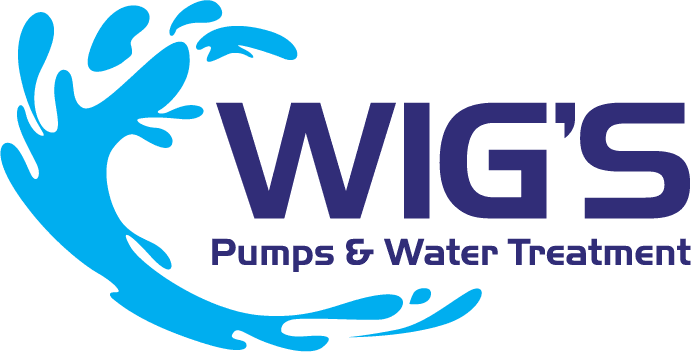Essential Guide to Understanding Water System Plumbing for Modern Homes
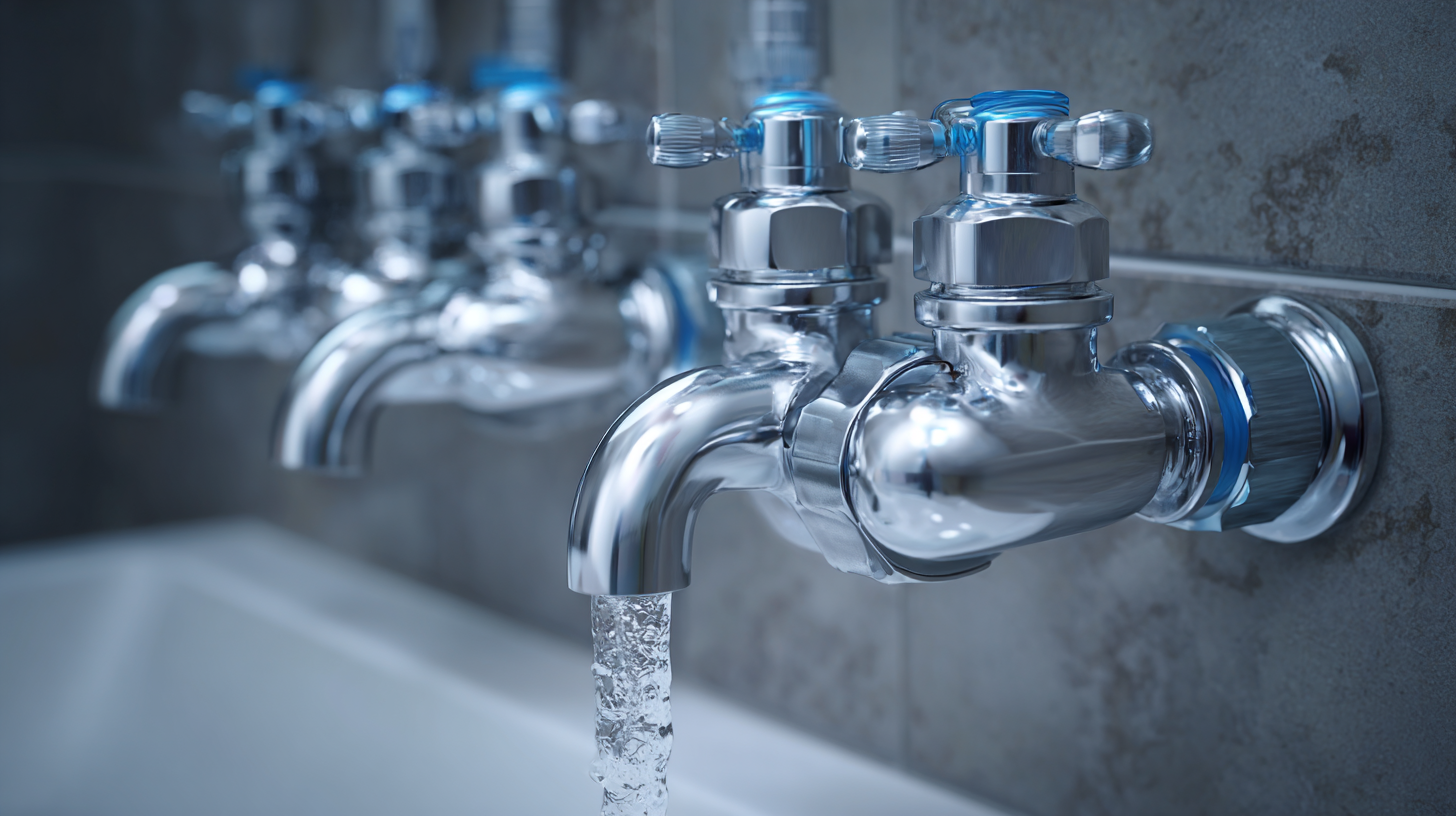 In the contemporary landscape of home construction and renovation, understanding water system plumbing is paramount for ensuring efficiency, safety, and sustainability. Reports from the American Society of Plumbing Engineers (ASPE) indicate that approximately 15% of a household's water consumption is linked to plumbing inefficiencies, highlighting the critical need for homeowners to grasp essential plumbing principles. Furthermore, the World Health Organization (WHO) emphasizes that reliable water systems are essential for public health and must adhere to contemporary safety standards. As modern homes increasingly incorporate advanced plumbing technologies and environmentally friendly solutions, knowledge of water system plumbing becomes an indispensable skill. In this essential guide, we will explore the intricacies of modern water system plumbing, equipping homeowners with the tools and insights necessary to optimize their water use, prevent common plumbing issues, and understand the importance of proper installation and maintenance in promoting a sustainable living environment.
In the contemporary landscape of home construction and renovation, understanding water system plumbing is paramount for ensuring efficiency, safety, and sustainability. Reports from the American Society of Plumbing Engineers (ASPE) indicate that approximately 15% of a household's water consumption is linked to plumbing inefficiencies, highlighting the critical need for homeowners to grasp essential plumbing principles. Furthermore, the World Health Organization (WHO) emphasizes that reliable water systems are essential for public health and must adhere to contemporary safety standards. As modern homes increasingly incorporate advanced plumbing technologies and environmentally friendly solutions, knowledge of water system plumbing becomes an indispensable skill. In this essential guide, we will explore the intricacies of modern water system plumbing, equipping homeowners with the tools and insights necessary to optimize their water use, prevent common plumbing issues, and understand the importance of proper installation and maintenance in promoting a sustainable living environment.
Why Proper Plumbing Design is Crucial for Modern Water Systems
Proper plumbing design is crucial for modern water systems as it directly impacts the efficiency, safety, and longevity of a home’s infrastructure. A well-thought-out plumbing layout not only ensures adequate water supply and drainage but also helps in preventing issues such as leaks, clogs, and contamination. In modern homes, where water usage is high and energy efficiency is a priority, having a meticulously planned plumbing system can significantly reduce utility bills and enhance the overall functionality of the household.
Moreover, modern plumbing designs incorporate innovative technologies that promote sustainability and environmental responsibility. This includes the use of low-flow fixtures, smart water management systems, and materials that reduce the risk of corrosion and contamination. By prioritizing proper plumbing design, homeowners can minimize their environmental footprint while ensuring a safe and reliable water supply.
Ultimately, investing time and resources into understanding and implementing effective plumbing strategies can lead to a more resilient and efficient home, thereby supporting the needs of modern living.
Why Understanding Water Quality Can Impact Your Plumbing Choices
Understanding water quality is crucial for making informed plumbing choices in modern homes. Poor water quality can lead to various plumbing issues, including corrosion of pipes and fixtures, which may necessitate frequent repairs or replacements. As residents prepare for the heating season, vigilance is required to address issues like leaks and water quality, ensuring systems function efficiently and safely.
Recent events underscore the importance of maintaining plumbing systems. In some areas, residents have started replacing old heating units and inspecting pipes to prevent leaks that can compromise the integrity of their plumbing. Beyond immediate concerns, choices surrounding plumbing materials—such as the selection of quality pipes—can significantly influence the long-term performance and safety of water systems. Ensuring that plumbing installations meet quality standards can mitigate risks and enhance the overall longevity of residential water systems.
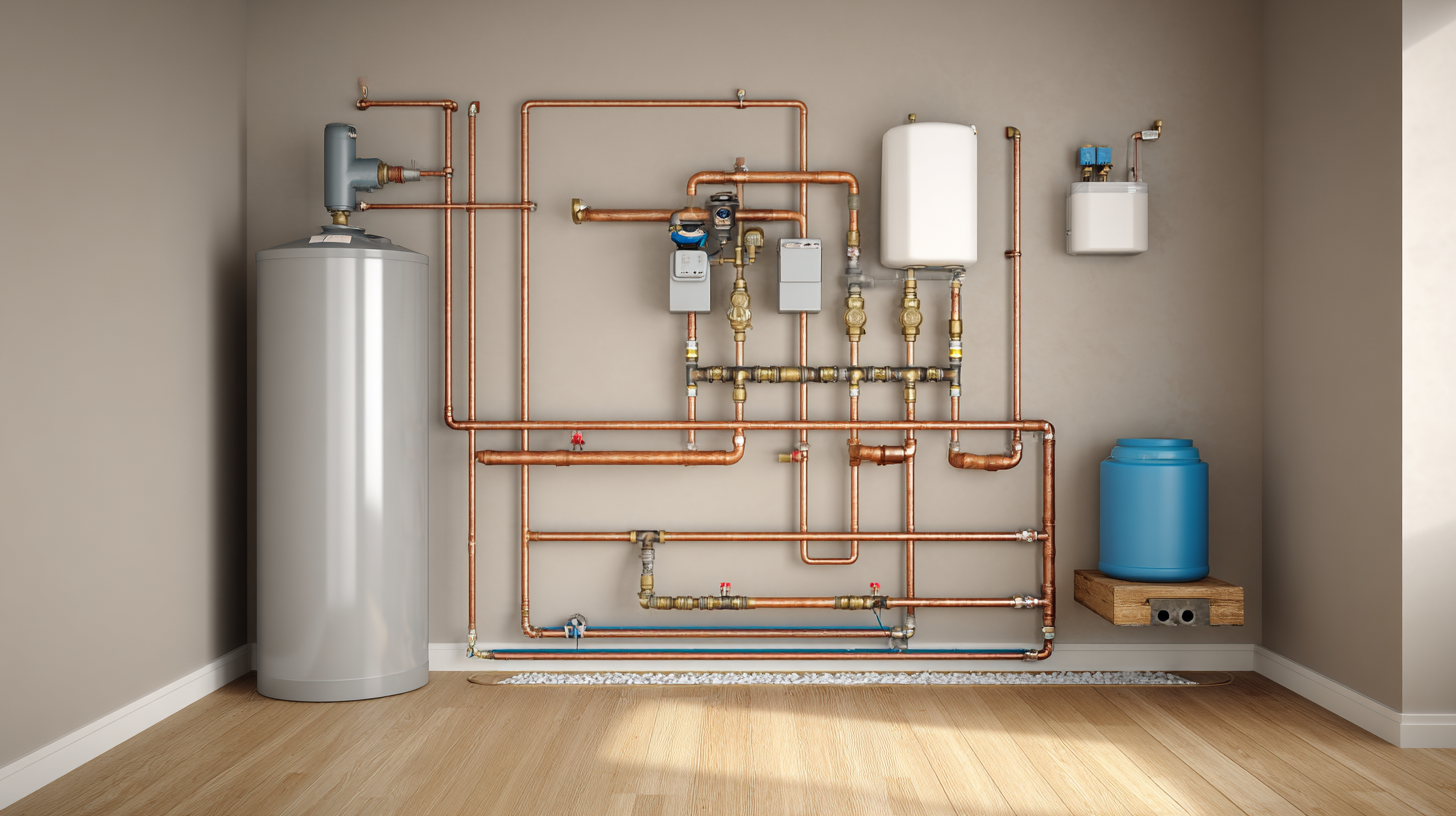
Why Regular Maintenance is Key to Preventing Plumbing Issues
Regular maintenance of water system plumbing is crucial for preventing a myriad of issues that can disrupt daily life in modern homes. Neglecting small problems, like minor leaks or slow drains, can lead to significant damage over time, resulting in costly repairs. This is why homeowners should prioritize routine inspections and maintenance to ensure their plumbing systems operate smoothly.
Tips: Conduct seasonal check-ups. Inspect your plumbing for visible signs of wear and tear, such as corrosion or leaks. Pay attention to your water heater and ensure it is functioning efficiently. Additionally, regularly check your pipelines for any unusual noises or water stains, which may indicate underlying issues.
Another effective strategy is to keep an eye on your water pressure. Tips: Monitor your water pressure regularly. High water pressure can strain your plumbing fixtures and lead to premature wear. If you notice fluctuations, consider installing a pressure regulator or consulting a plumber to assess the situation. Implementing these maintenance practices not only extends the lifespan of your plumbing system but also enhances overall water efficiency in your home.
Why Choosing the Right Materials Matters for Longevity and Efficiency
When it comes to water system plumbing in modern homes, the choice of materials plays a pivotal role in determining both longevity and efficiency. High-quality materials, such as PEX, copper, and PVC, each offer unique benefits that can significantly impact the performance of plumbing systems.
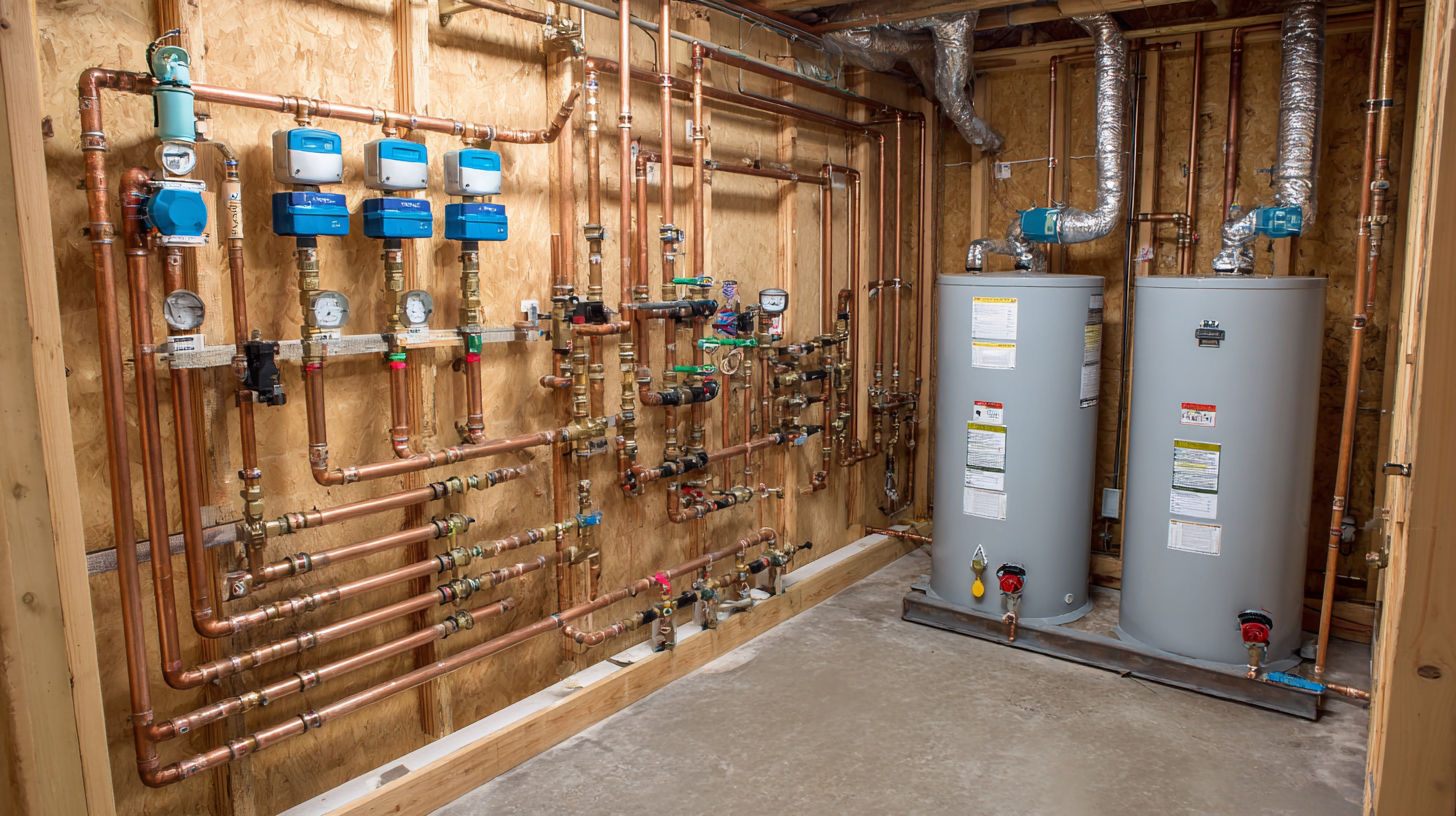 Copper, for instance, is renowned for its durability and resistance to corrosion, making it a reliable choice for long-term installations. On the other hand, PEX tubing is flexible, easier to install, and reduces the risk of leaks, promoting more efficient water delivery throughout the home.
Copper, for instance, is renowned for its durability and resistance to corrosion, making it a reliable choice for long-term installations. On the other hand, PEX tubing is flexible, easier to install, and reduces the risk of leaks, promoting more efficient water delivery throughout the home.
Moreover, selecting the right materials can lead to lower maintenance costs and energy savings over time. For example, insulated pipes can minimize heat loss in hot water systems, thereby reducing energy consumption and lowering utility bills. Additionally, modern materials often feature technological advancements that enhance their performance, such as UV resistance or antimicrobial properties, contributing to a healthier living environment. Ultimately, investing in the right plumbing materials is essential for homeowners seeking sustainability and efficiency in their water systems.
Why Energy Efficiency in Plumbing Systems Can Save You Money
Energy efficiency in plumbing systems is a crucial aspect for modern homeowners looking to reduce both their environmental impact and utility bills. By investing in high-efficiency fixtures, such as low-flow toilets and showerheads, households can significantly decrease their water consumption without sacrificing performance. This not only conserves a vital resource but also minimizes the energy required to heat water, leading to lower energy costs.
Moreover, the implementation of smart plumbing solutions can further enhance energy efficiency. Technologies such as smart water meters and leak detection systems allow homeowners to monitor their water usage in real-time, identify potential issues early, and make informed decisions about repairs and upgrades. The integration of these systems can lead to substantial long-term savings, as they help prevent excessive water waste and provide insights on optimizing usage patterns.
Emphasizing energy-efficient plumbing not only pays off financially but also contributes to a sustainable future, making it a wise investment for any modern home.
Related Posts
-
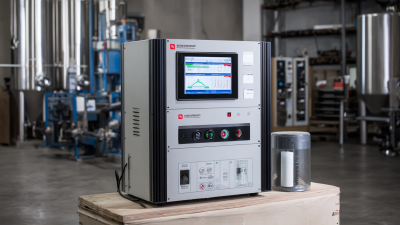
Understanding the Importance of a Reliable Water Testing System for Safe Drinking Water
-
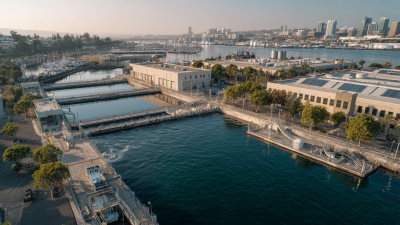
Unlocking the Future: How Water Reclamation Systems Can Revolutionize Urban Sustainability
-

Exploring Innovative Wildfire Water Solutions to Protect Our Communities and Environment
-

Transform Your Life with the Ultimate Water System: Discover Healthier Hydration Today!
